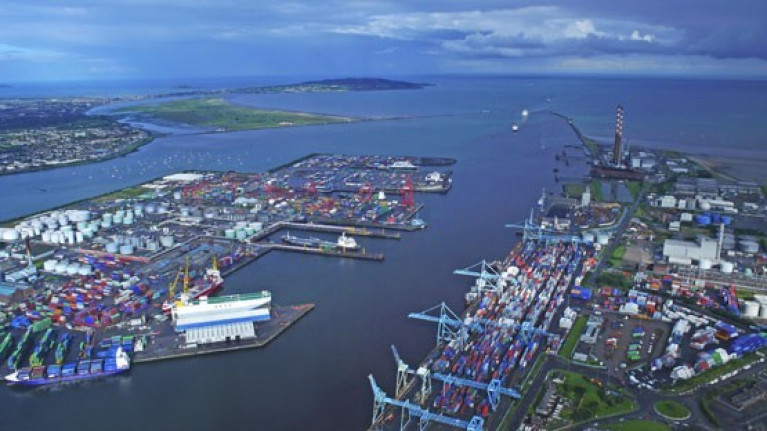Displaying items by tag: Port Security
Appointment of Recognised Security Organisations (Ports)
The Marine Survey Office (MSO) of the Department of Transport has appointed four companies to the panel as Recognised Security Organisations (Ports) for the period covering 1 January 2024 to 31 December 2028.
These companies appointed as RSOs for the creation of port security assessments, port facility security assessments, port security plans and port facility security plans are as follows:
CMG (Crime Management Group),
Regus House,
Harcourt Road,
Dublin,
D02 HW77
Tel: +353 1 417 4242
Email: [email protected]
Crime Management Services,
Block B, The Crescent Building,
Northwood, Santry,
Dublin D09 C6X8
Tel: +353 1 893 4906
Email: [email protected]
Bureau Veritas Marine and Offshore UK and Ireland
1 & 2, Keel House,
South Shields
NE34 9PY, United Kingdom
Tel: +44 (0) 191 427 8170
Email: [email protected]
Seaport Services Crann Centre,
Classis, Ovens,
Co Cork P31 TX39
Tel. +353 86 190 1913/+353 87 237 8103
Email: [email protected]
The appointment will cover work as an RSO in relation to both Regulation (EC) No 725/2004 and Directive 2005/65/EC on Port Security.
MSO Seeks Applications for Authorisation to Act as Recognised Security Organisations (Ports)
The Marine Survey Office (MSO) of the Department of Transport is seeking applications from interested parties who wish to act as Recognised Security Organisations - RSO (Ports) for the period from January 2024 to 31 December 2028.
The authorisation will cover work as an RSO in relation to both Regulation EC 725/2004 on enhancing ship and port facility security and Directive 2005/65/EC on enhancing port security.
The closing date for receipt of completed applications is 3pm on Tuesday 16 January 2024.
Requirements and conditions for application are set out in the annex of Marine Notice No 82 of 2023, attached below.
Completed applications should be returned to the Marine Survey Office by post, or by email to [email protected].
Updated Templates For Port Security Plans
The Department of Transport, Tourism and Sports advises that updated templates for Port Security Plans for 2019-2024 have been made available.
The Port Facility Security Plan template should be used for ‘Article 2.4 Single Facility’ ports where an approved assessment confirms that the boundaries of the port and the facility are the same; and individual port facilities within multi-facility ports.
A separate ‘combined’ Port Security Plan template is for single facility ports where Article 2.4 of EU Directive 2005/65/EC does not apply and which includes the requirements of that directive as well as EU Regulation 725/2004/EC.
The additional ‘over-arching’ template is only intended for use by multi-facility ports.
Marine Notice: Appointment of Recognised Security Organisations (Ports)
#MarineNotice - Marine Notice No 12 of 2014 details that the Marine Survey Office (MSO) of the Department of Transport, Tourism and Sport has appointed the following companies to the panel as Recognised Security Organisations (Ports) for the creation of Port Security Assessments and Port Security Plans for the period covering 1 January 2014 to 31 December 2018:
Crime Management
Group Regus House, Harcourt Road, Dublin 2
Tel: 01 417 4242 Email: [email protected]
Crime Management Services
Regus House, Harcourt Road, Dublin 2
Tel: 01 686 5131 Email: [email protected]
The appointment will cover work as an RSO in relation to both Regulation (EC) No 725/2004 and Directive 2005/65/EC on Port Security.






























































